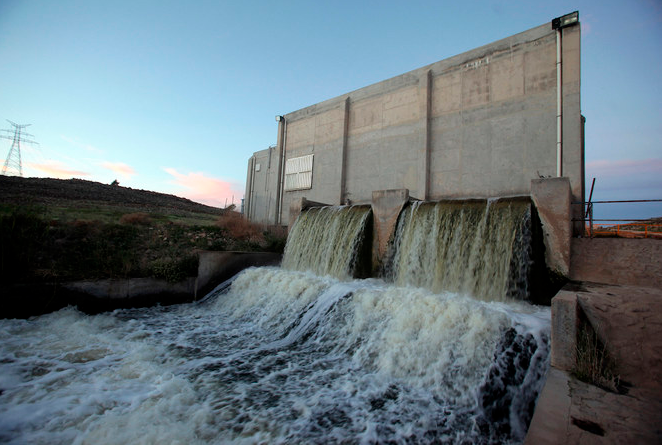RECENTLY, there have been news reports that the government and Suruhanjaya Perkhidmatan Air Negara (National Water Services Commission, or SPAN) will focus on developing alternative water supply to substitute treated water supply using treated sewerage effluent for selected industrial use.
The alternative water supply is said to be able to avert possible water crises. Unfortunately, the situation is far from the reality.
SPAN was set up as the technical and economic regulator. Section 15 of Suruhanjaya Perkhidmatan Air Negara Act (SPAN Act) clearly stipulates its functions. Thus, it is imperative that SPAN optimises basic water services parameters before jumping into the alternative bandwagon and getting diluted.
Non-revenue water (NRW) has plagued Malaysia since the Eighth Malaysia Plan as almost one-third of treated water is lost. NRW is treated water lost in the supply system mainly due to leakages.
In 2011, SPAN placed a Key Performance Indicator of 25% NRW level by 2020 and further postponing it to 2025. According to SPAN’s data in 2022, 34.4% or 5,389 MLD (million litres per day) is recorded as NRW for Peninsular Malaysia and Labuan. Statistics for 2008 showed NRW was 36.3% or 4,177 MLD.
After 15 years of Water Services Industry Act 2006 (WSIA) enforcement, in terms of percentage, the NRW shows a very small drop of 1.9%. However, in reality, it has increased by more than 1200 MLD which is approximately equivalent to total water demand for Kelantan, Labuan and Malacca.
A drop in NRW means there is more treated water to meet rising demand. This is the basic service efficiency outlined in Section 15(d) of the SPAN Act. The government and SPAN must give high priority to reducing NRW with short-term, mid-term and long-term plans. But now it looks like the 2025 NRW KPI will be postponed further.
Demand side management (DSM) is vital to optimise utilisation of treated water. Similar to the energy efficiency drive in Malaysia, the expensive investments into power generation to make more environmentally friendly electricity supply are counterproductive due to inefficient operations (consumption systems). Improving electricity energy efficiency (which is part of DSM for energy sector) across the board can cut overall electricity demand by above 10% using conservative estimates.
If high investments are employed, the savings will increase further. Thus, the government and SPAN must focus on developing rules and regulations according to WSIA to increase DSM approaches as well as mandatory water efficiency labelling and introduction of Minimum Water Efficiency Standard. This will drive water demand rise to plateau. Industries can reduce, reuse and recycle their wastewater to optimise their operations as well as reduce water footprint. This will add sustainability points for our industries.
Why is water demand allowed to keep increasing when legislation and technologies can be used to minimise it?
The Association of Water and Energy Research Malaysia (Awer) has raised the alarm to the relevant agencies on dams and actual storage capacity of these important infrastructures repeatedly over the last decade. In May this year, we wrote to the prime minister, relevant ministries and state governments on this matter as well as other issues that may impact water security in Malaysia.
Similar issues were raised to SPAN’s chairman. Just few weeks ago, the SPAN chairman announced that 16 out of 55 dams in Peninsular Malaysia with drinking water function are more than 50 years old and their actual current operating capacity is not known based on audit conducted by SPAN.
This situation is the similar concern Awer has raised over the years. There are available technologies to carry out proper mapping and model of our actual raw water storage as well as its corresponding adaptation and mitigation measures. Therefore, the government and SPAN must focus on optimising basic water services parameters to reduce NRW, implementing effective DSM approaches and increase raw water security before venturing into alternatives such as utilisation of treated sewerage effluent for selected industrial use.
As Malaysia is trying to bring in more investors to beef up the economy, water security becomes very crucial. Thus, long-term water services industry sustainability depends on the water ministry and SPAN carrying out their basic functions properly and swiftly.
This article is contributed by Piarapakaran S, president of Awer, a non-government organisation involved in research and development in the fields of water, energy and environment.









